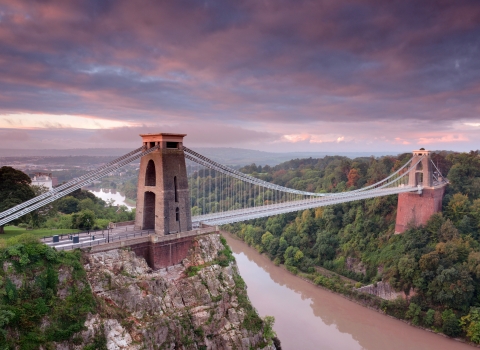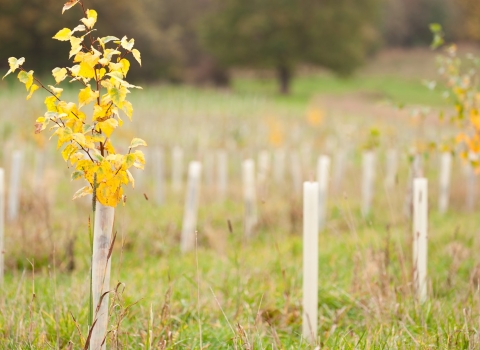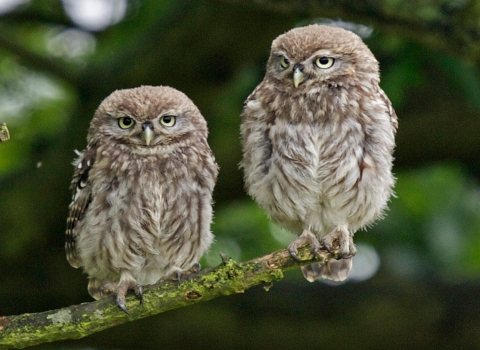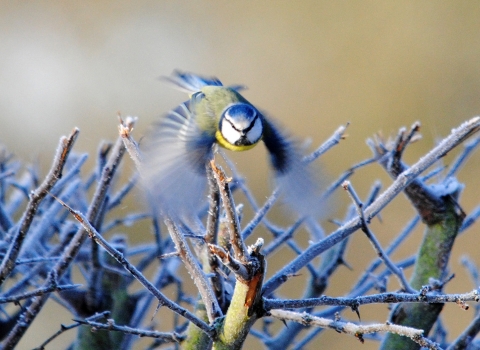Standing alongside the recent declaration of climate emergency made by the council in November 2018, the ecological emergency declaration recognises the scale of wildlife decline and the degradation of the natural environment which now faces us.
The declaration comes in the wake of recent international reports which show the stark deterioration of natural environments which all life depends on, plummeting wildlife populations and a knock-on impact on human existence. (1)
Key findings from these reports show:
- The population of the world’s fish, amphibians, reptiles, mammals and birds has fallen by 60%
- 41% of insect species are threatened with extinction – meaning food chains are under threat as never before, and the three-quarters of human food crops which need insect pollination are also precarious
- 41% of UK wildlife species are in decline and 15% are at risk of extinction
- In Bristol the city’s swifts and starling populations are virtually wiped out – with a 96% decline in numbers of these birds between 1994 and 2014
Today’s declaration paves the way for new citywide strategies, commitments and funding to create and restore places for wildlife in every neighbourhood and will lead to a new awareness of the true value of nature to the city and everyone living and working in it.
Already, ambitious nature targets for the city have been launched, including doubling tree cover by 2044 and wildlife abundance by 2046 – both set out in the One City Plan. The ecological emergency declaration is recognition that we need to accelerate the pace of change. Urgent action is needed now by Bristol City Council, business, city organisations and individuals to stop habitat destruction and the polluting and poisoning of wildlife and create and link new wildlife-rich spaces.
Avon Wildlife Trust chief executive, Ian Barrett, said:
“The twin threats facing our natural world and our own lives – climate breakdown and ecological emergency – are now felt everywhere including in Bristol as we witness dwindling wildlife and the loss of wild spaces. We can’t wait for national governments or international bodies to lead the way – we have to show that through collective action we can make Bristol a city where wildlife can thrive, and the natural world can flourish.
“This is about stopping the loss forever of much-loved species which were once common in gardens, parks, waterside and green spaces across the city – swifts, starlings, hedgehogs and butterflies. But it’s about more than that, because we face losing all that wildlife abundance and a thriving natural world provides us with – clean air, clean water, healthy soils, food crops, natural flood defences and beautiful spaces to enjoy. All of us – from individuals to large city organisations - can now take action and from planting a single window box for pollinators, to a whole workforce effort for nature – all actions are transformational.”
Avon Wildlife Trust is the largest local charity working to protect wildlife across the West of England, including in Bristol – and over 40 years has managed and created land for wildlife to flourish – including in Bristol’s neighbourhoods. Currently, the charity is working with local communities through its My Wild City project to transform eight local wildlife sites across the city, enhancing important wildlife habitats and providing opportunities for people living nearby to visit and enjoy them. And Avon Wildlife Trust’s urban wildlife site in Stapleton has restored wildlife in the heart of the city and is a hub for people to learn practical skills in wildlife-friendly planting and play their part in building nature’s recovery.
Notes to Editors:
- The global Intergovernmental Science-Policy Platform on Biodiversity and Ecosystem Services (IPBES) published a report in May 2019 and the State of Nature report – worked on by 70 wildlife organisations – was published in October 2019
Photo credit: Toby Pickard




